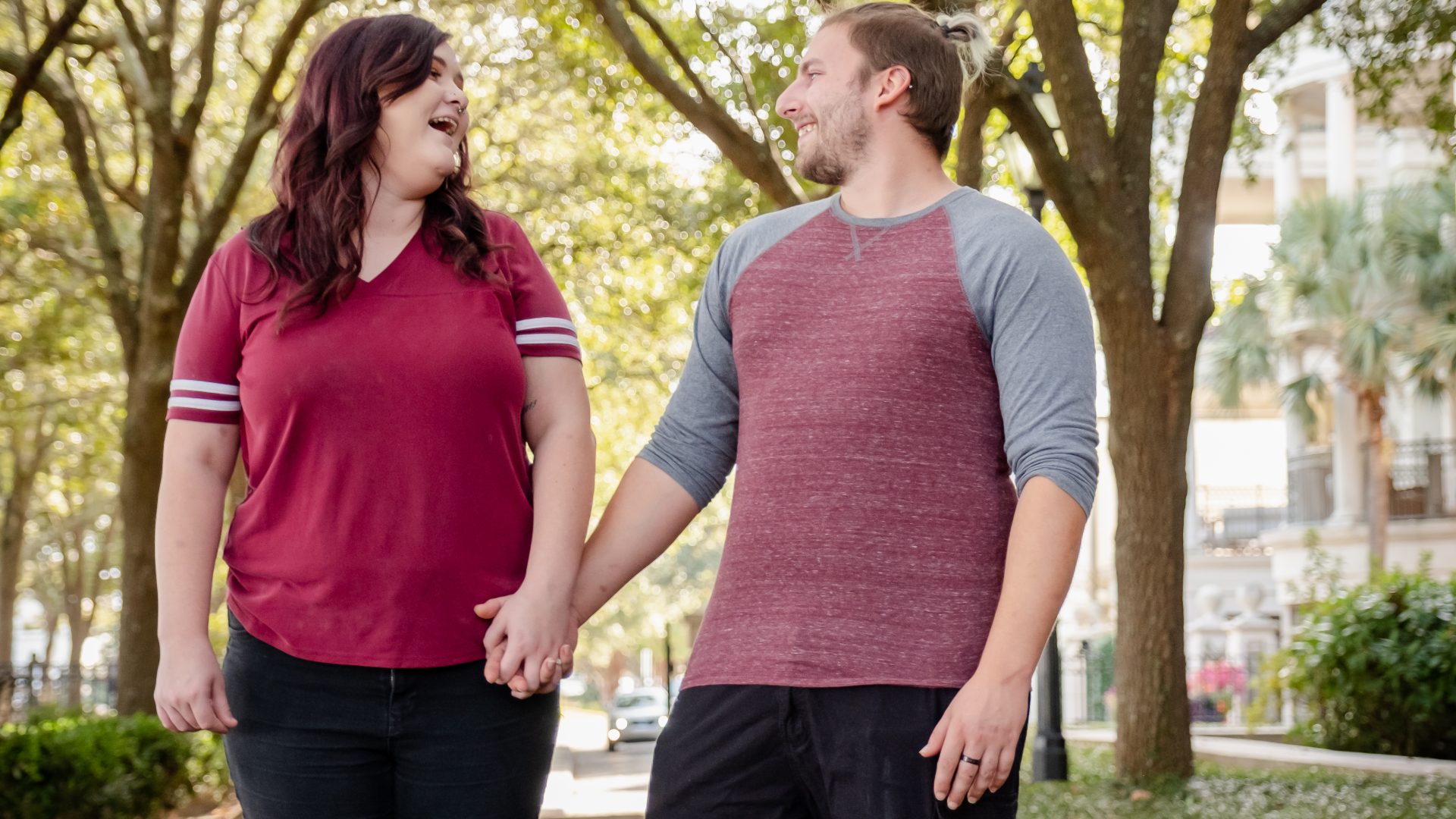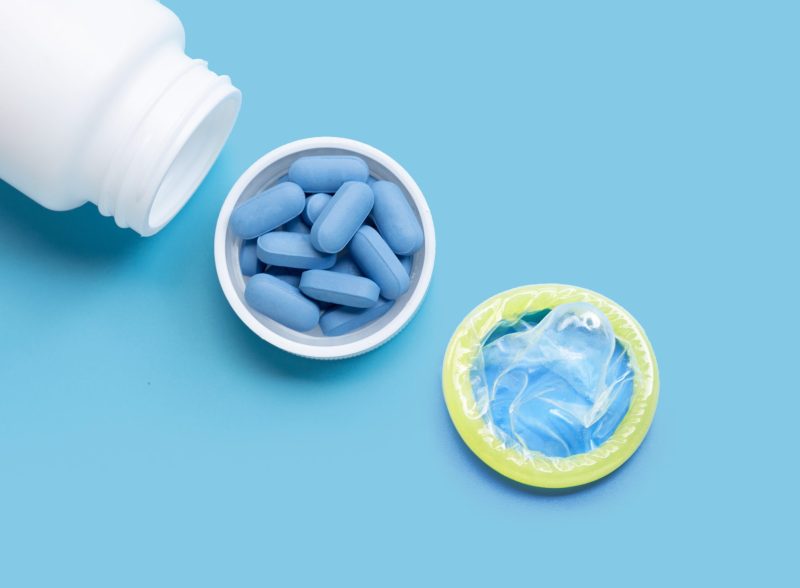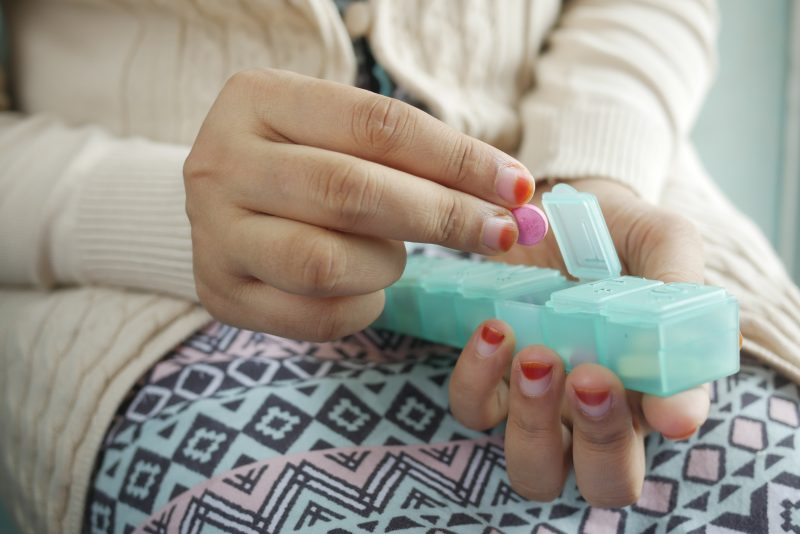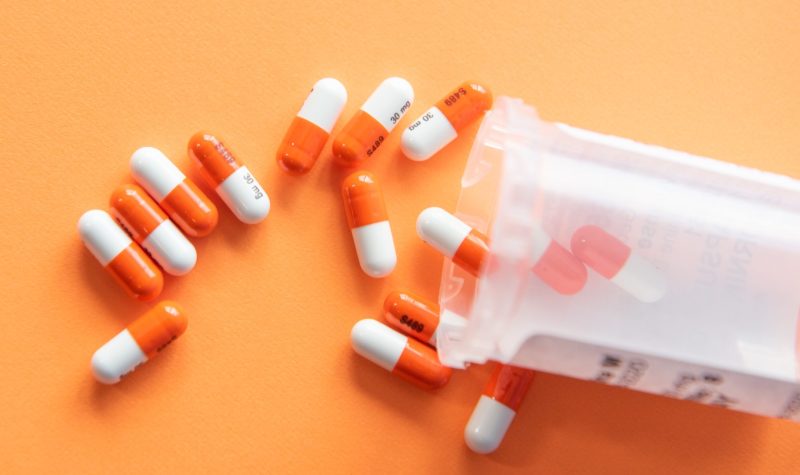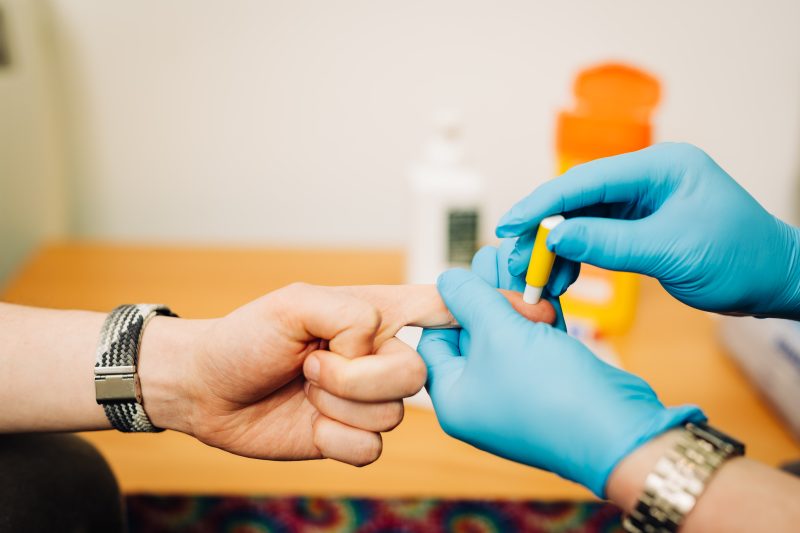HIV can be transmitted when the body fluids of a person living with HIV get into your blood stream. These body fluids include blood, semen, vaginal fluids, rectal fluids and breast milk.
Key things to know
You can get HIV by having sex without a condom with someone who has HIV and is not on HIV treatment. This includes vaginal/frontal sex, anal sex and sharing sex toys.
People living with HIV who receive treatment and have an undetectable viral load cannot pass on HIV through sex.
If you have had unprotected sex or have another reason to think that you might have HIV, you can find HIV testing near you by using our service finder.
Service finder
Routes of transmission
HIV is found in blood and genital fluids. When you first get HIV, the virus is found in your body fluids in small quantities. It quickly starts multiplying and can be easily passed on to other people if your body fluids get inside the body of the other person.
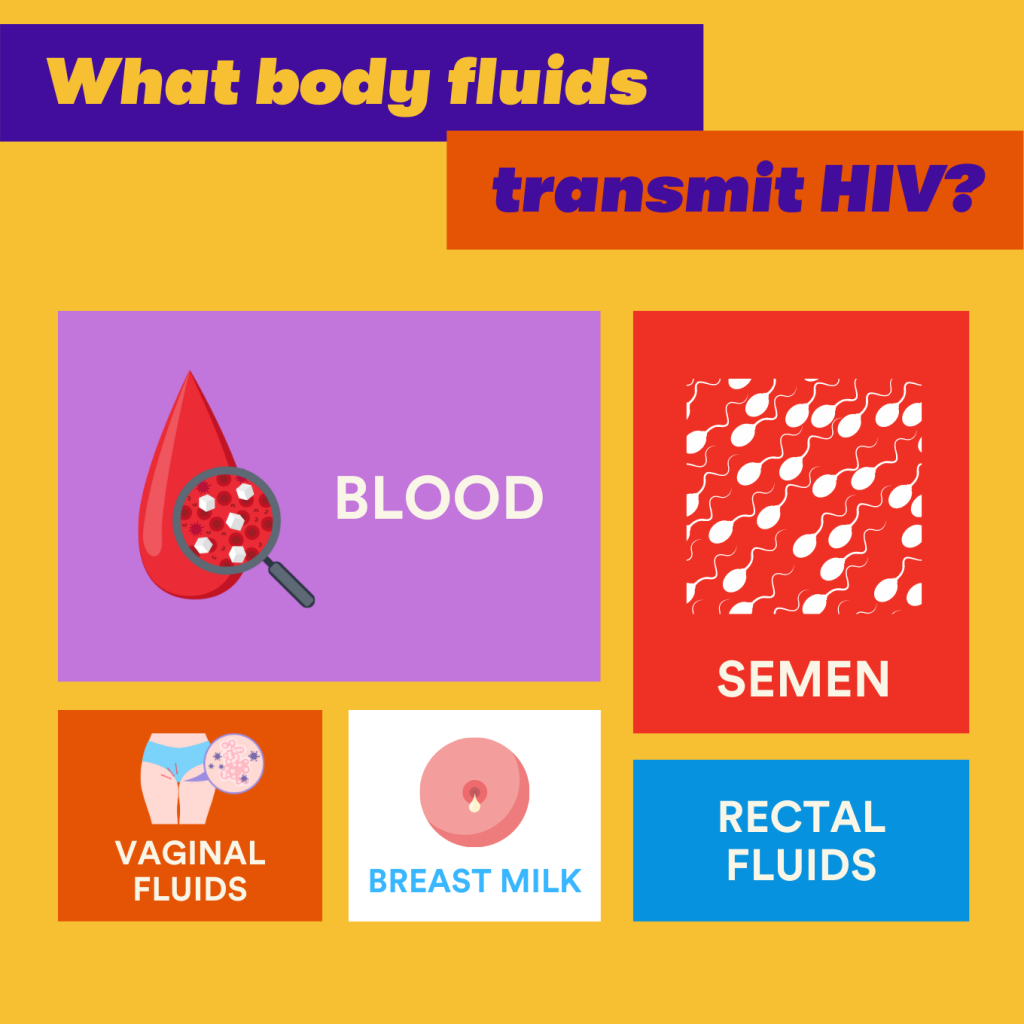
Most common routes of transmission
- by having sex without a condom,
- by sharing injecting equipment,
- from birthing parent to baby during pregnancy, birth or breast/chestfeeding.
HIV cannot be passed on through:
- spitting,
- kissing or hugging,
- being bitten,
- contact with unbroken skin,
- being sneezed on,
- sharing towels, blankets, mugs or cutlery,
- using the same toilet, bath, shower or swimming pool,
- CPR, or mouth to mouth resuscitation,
- contact with animals or insects like mosquitoes.
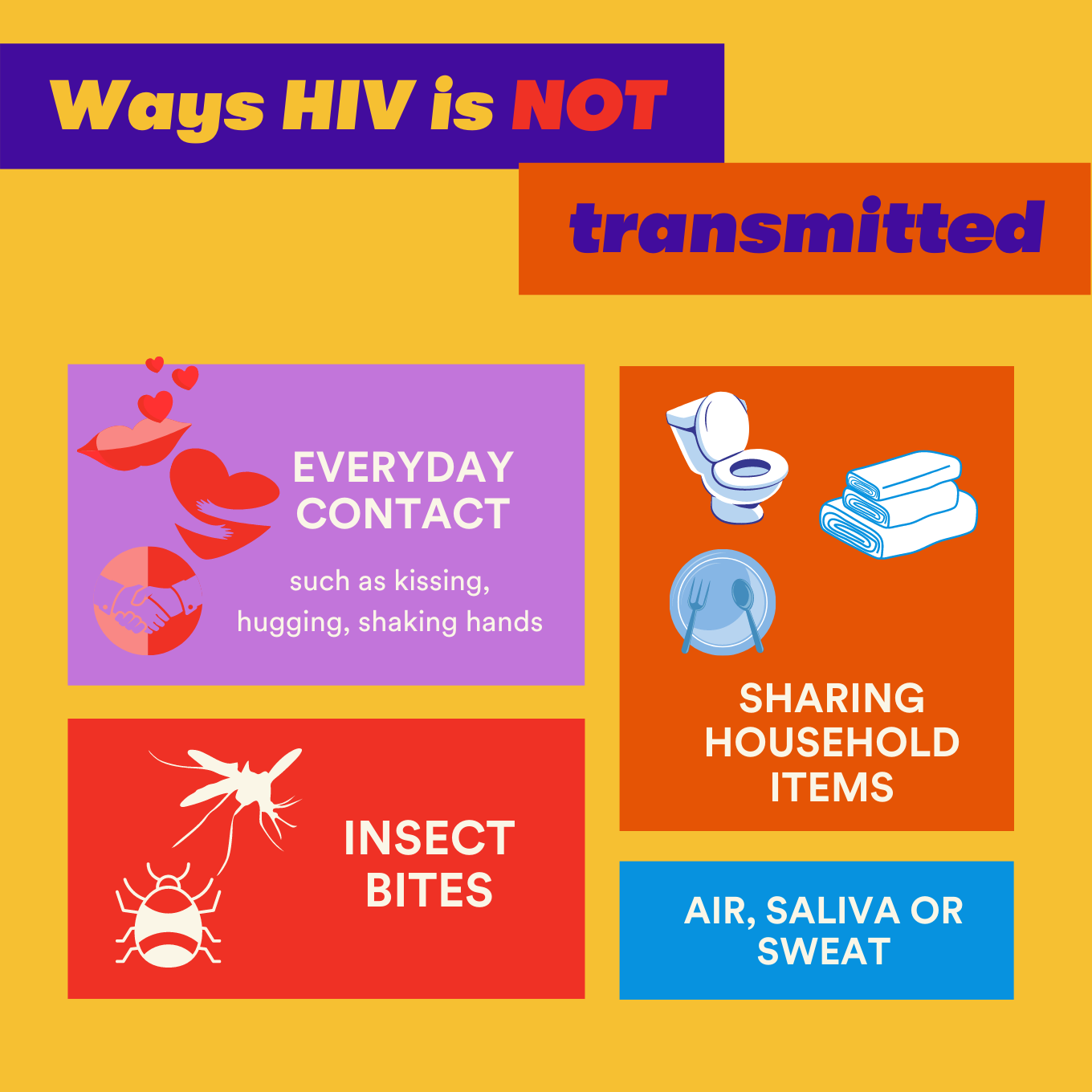
Transmission through sex
During sex without a condom, there are several ways that HIV can be passed on from one person to another. Read more about the risk of HIV and other STIs associated with different kinds of sex.
During vaginal/frontal sex, any partner can get HIV:
- through the walls that line the vagina/internal genital or,
- through the head of the penis, the foreskin if the penis isn’t circumcised, or damaged skin anywhere on the penis.
During anal sex, any partner can get HIV:
- through the walls of the anus or,
- through the head of the penis, the foreskin if the penis isn’t circumcised, or damaged skin anywhere on the penis.
During oral sex HIV can be transmitted (although it is rare) if you have cuts in your mouth, bleeding gums or mouth ulcers.
HIV can also be transmitted via sex toys – such as dildos, vibrators, and butt-plugs – if they are not washed after coming in contact with the body fluids that can transmit HIV.
Transmission through injecting equipment
You can get HIV if you share needles, syringes or other drug injection equipment with someone who has HIV.
- You can get HIV if there is blood on a needle or syringe you are using.
- Having an undetectable viral load likely reduces the risk of HIV transmission through sharing needles, syringes, or other drug injection equipment.
HIV and pregnancy
HIV can be passed on to your baby during pregnancy, birth or by breast/chestfeeding if you have HIV and do not receive treatment. However, this is rare nowadays as all pregnant people get tested for HIV during routine pregnancy screenings. This allows them to start treatment and to take other precautions to reduce this risk if they test positive.
Read more about pregnancy and HIV.
Looking for support?
If you are living with HIV and need support understanding a new diagnosis, treatment or navigating life with HIV, we are here to help. Get in touch with us by filling out our contact form.

